Book Review: THE STARVING SAINTS by Caitlin Starling
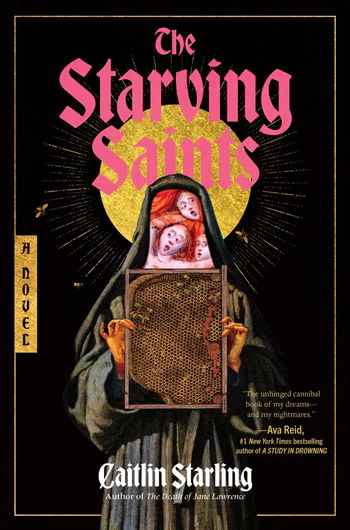
There is a strong layer of familiarity underlying it all, particularly in its vaguely Medieval European setting and fairy story folklore inspirations. But Starling takes these basic ingredients or flavors and cooks them into something unexpected and astounding.
Book Review: EAT THE ONES YOU LOVE by Sarah Maria Griffin
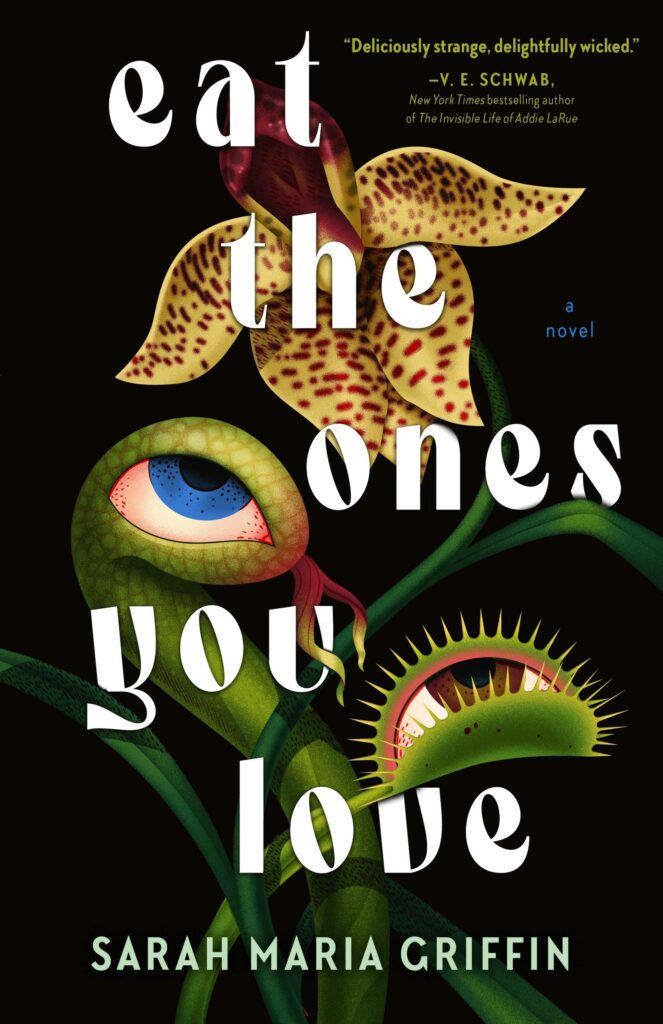
The synopsis for Sarah Maria Griffin’s Eat the Ones You Love would understandably invoke thoughts of Little Shop of Horrors for most people. I also kept thinking about Sue Burke’s Semiosis trilogy, not in terms of the plot, but in the sentient plant character and point-of-view perspective.
Into the Wardrobe: DRAGON OF THE LOST SEA by Laurence Yep
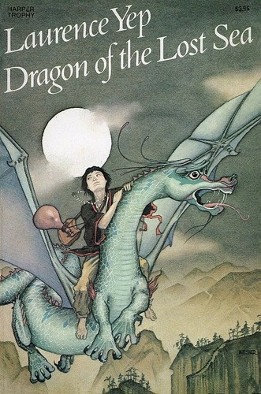
Starting the novel, I was immediately drawn into the world and the folk nature of the story being told. As the human, I expected Thorn to be the center of the novel, but gradually began to appreciate Shimmer as the protagonist and character we would see adapt and grow through the adventure unfolding.
Book Review: COLD ETERNITY by S.A. Barnes
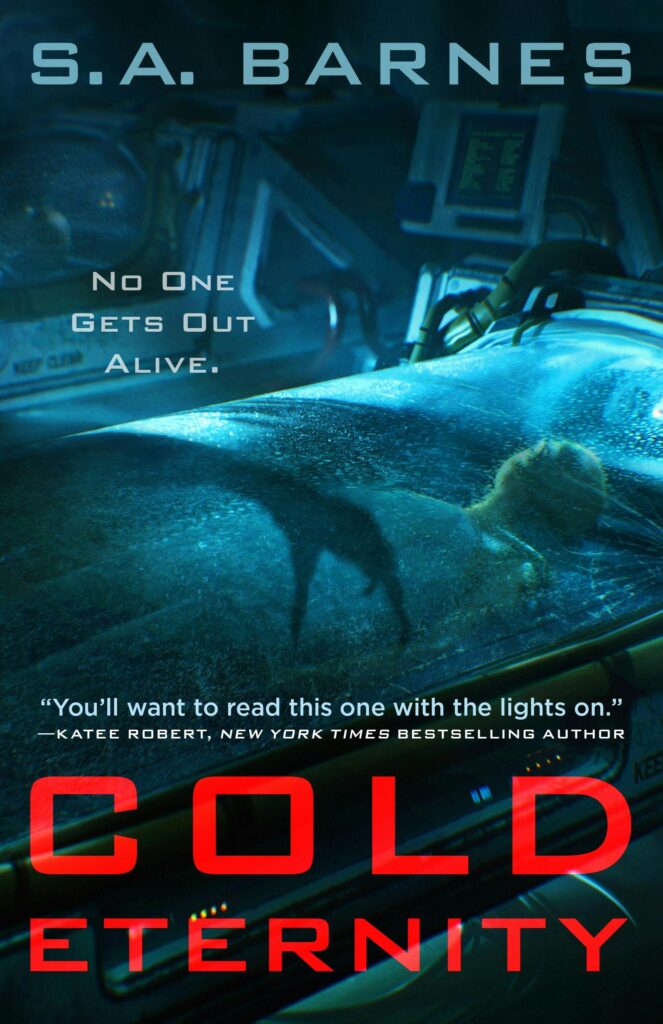
Following up on Dead Silence and Ghost Station, S.A. Barnes continues to solidify herself with Cold Eternity as a leading voice in SF Horror, particular within the theme of isolation in space.
Book Review: THE BUFFALO HUNTER HUNTER by Stephen Graham Jones
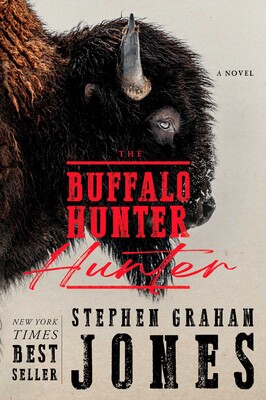
Jones gives each of the three main characters of the novel an exceptionally personalized voice. A large part of what captivated me through the pages was his remarkable ability with the flow of words through a diversity of styles, a variation in ways that stories can be told.
Paperbacks from Hell #4: THE TRIBE by Bari Wood
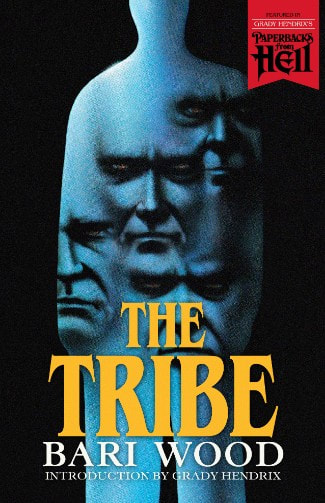
The Tribe is a novel of continued relevance, as well as intellectual and emotional depth, that makes it deserving of a broad audience beyond typical horror readers. It should have crossover appeal to fans of crime fiction, historical fiction, or religious mysticism, and its themes around Jewish identity, racism, and general humanity put The Tribe on equal footing to any celebrated work of ‘literary’ fiction.

